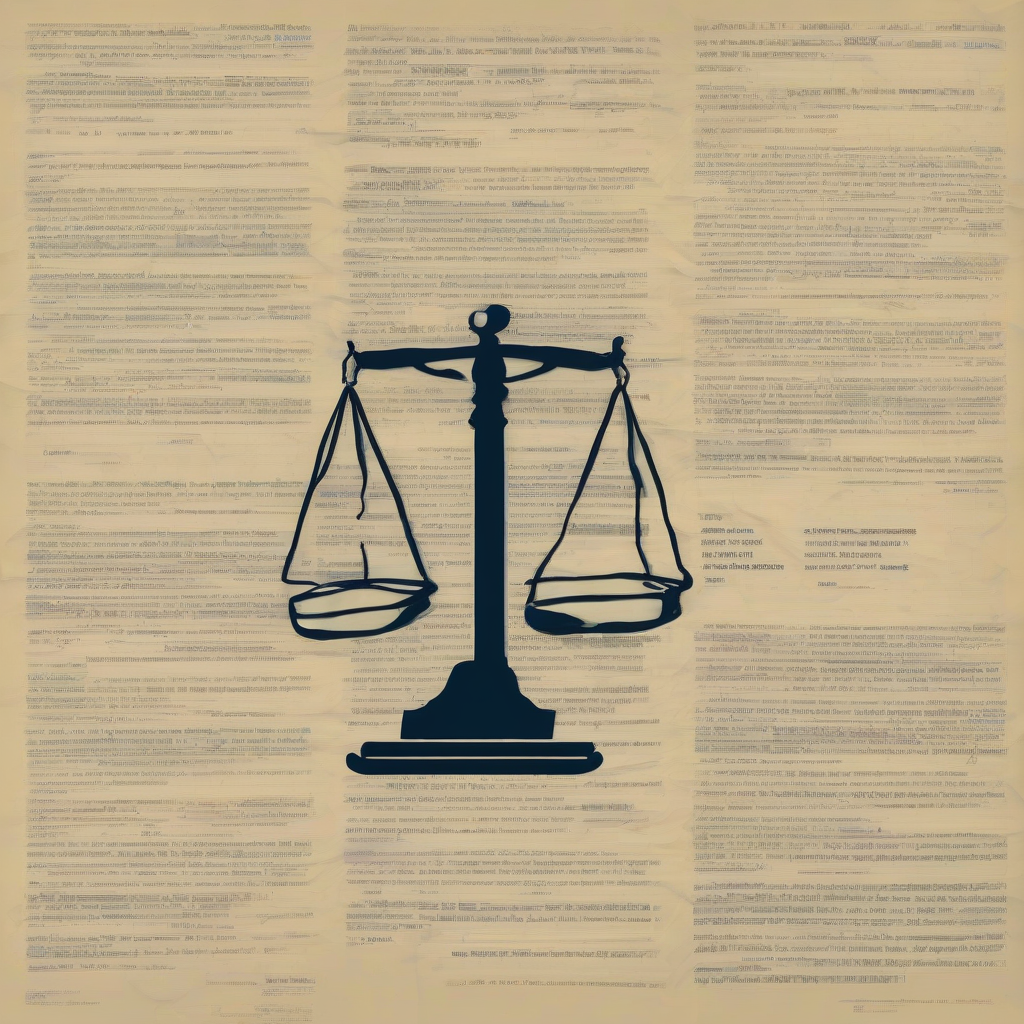Top Mortgage Loans: A Comprehensive Guide to Finding the Best Option for You

Top Mortgage Loans: A Comprehensive Guide to Finding the Best Option for You
Buying a home is one of the biggest financial decisions you'll ever make, and securing the right mortgage loan is crucial. With so many options available, it can be overwhelming to navigate the process and find the best fit for your individual needs. This comprehensive guide will break down the top mortgage loan types, their advantages and disadvantages, and essential factors to consider when choosing a loan.
Understanding Different Types of Mortgage Loans
-
Conventional Loans
- Definition: Conventional loans are offered by private lenders, such as banks and credit unions, and are not backed by the government.
- Advantages: Typically lower interest rates, more flexible loan terms, and higher loan limits.
- Disadvantages: May require a larger down payment, stricter credit score requirements.
-
FHA Loans
- Definition: FHA loans are insured by the Federal Housing Administration, making them more accessible to borrowers with lower credit scores and smaller down payments.
- Advantages: Lower down payment requirements (as low as 3.5%), lenient credit score requirements, and flexible guidelines for borrowers with less-than-perfect credit.
- Disadvantages: Higher upfront mortgage insurance premiums, potential for higher interest rates, and stricter loan limits.
-
VA Loans
- Definition: VA loans are guaranteed by the Department of Veterans Affairs and are available to eligible veterans, active-duty military personnel, and surviving spouses.
- Advantages: No down payment required, no private mortgage insurance (PMI), and more lenient credit score requirements.
- Disadvantages: Limited to eligible veterans and military personnel, funding fees may apply, and loan limits may vary by location.
-
USDA Loans
- Definition: USDA loans are backed by the United States Department of Agriculture and are designed for rural homebuyers in eligible areas.
- Advantages: Low interest rates, no down payment required for eligible borrowers, and flexible eligibility requirements.
- Disadvantages: Restricted to rural areas, income limits may apply, and limited loan amounts.
-
Jumbo Loans
- Definition: Jumbo loans exceed the conforming loan limits set by Fannie Mae and Freddie Mac and are typically used for higher-priced homes.
- Advantages: Higher loan amounts for purchasing luxury properties, potential for lower interest rates compared to conventional loans.
- Disadvantages: Stricter qualification requirements, higher down payments, and potentially higher interest rates compared to conventional loans.
Key Factors to Consider When Choosing a Mortgage Loan
-
Interest Rates
Interest rates are the cost of borrowing money and directly impact your monthly mortgage payments. Lower interest rates result in lower monthly payments, saving you money over the life of the loan. It's crucial to compare rates from multiple lenders to find the best deal.
-
Loan Term
The loan term refers to the length of time you have to repay the loan. Common terms include 15 years and 30 years. Shorter terms result in higher monthly payments but lower overall interest costs. Longer terms have lower monthly payments but higher overall interest costs.
-
Down Payment
The down payment is the initial amount of money you pay towards the purchase price of the home. A larger down payment reduces the amount you need to borrow and often results in lower interest rates and monthly payments. However, a larger down payment can also tie up more of your savings.
-
Closing Costs
Closing costs are fees associated with the mortgage loan process, such as appraisal fees, title insurance, and loan origination fees. These costs can add up, so it's essential to factor them into your budget.
-
Credit Score
Your credit score plays a significant role in determining your interest rate and loan approval. A higher credit score generally leads to lower interest rates. It's wise to check your credit report and improve your score if necessary.
-
Debt-to-Income Ratio (DTI)
Your debt-to-income ratio (DTI) is the percentage of your gross monthly income that goes towards debt payments. Lenders typically prefer a DTI of 43% or less. If your DTI is too high, you may need to lower your debt or increase your income to qualify for a mortgage loan.
Tips for Finding the Best Mortgage Loan
-
Shop Around for Rates
Don't settle for the first offer you receive. Compare rates and terms from multiple lenders to find the most competitive deal. Use online mortgage calculators and comparison tools to streamline the process.
-
Consider Your Financial Situation
Evaluate your income, expenses, credit score, and debt-to-income ratio to determine how much you can comfortably afford to borrow. Don't overextend yourself financially.
-
Get Pre-Approved for a Mortgage
Pre-approval gives you an estimate of how much you can borrow, which strengthens your offer when buying a home. It also provides you with a better understanding of your financial capacity.
-
Read the Loan Documents Carefully
Before signing any loan documents, carefully review the terms and conditions to ensure you understand everything, including the interest rate, loan term, and any fees.
-
Seek Professional Advice
Consider consulting with a mortgage broker or financial advisor to receive personalized guidance and assistance with finding the right mortgage loan for your specific circumstances.
Conclusion
Choosing the right mortgage loan is crucial for achieving your homeownership dreams. By understanding the different types of loans, considering key factors, and taking the necessary steps to find the best option, you can secure a loan that aligns with your financial goals and sets you on the path to homeownership.
What's Your Reaction?














